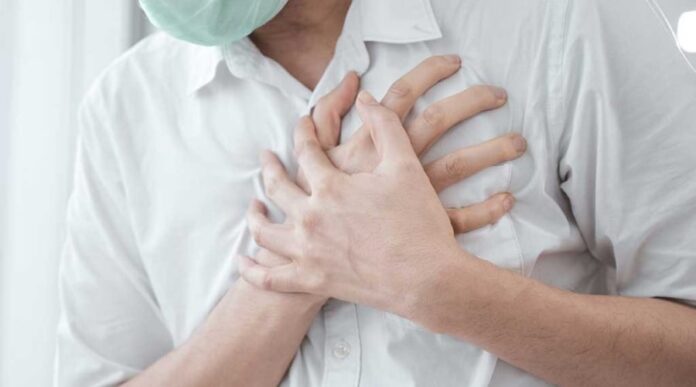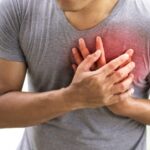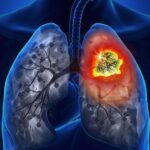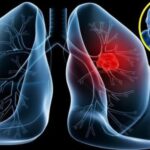Chest Pains: A Warning Sign or Temporary Discomfort?
Many individuals experience fleeting chest pains, but medical examinations often reveal no underlying issues. So, is this a sign of heart disease or a potential indicator of sudden death? Dr. Bach Than, from the Cardiology Department of An Trinh Hospital in Beijing, explains that if the pain is a sharp, needle-like sensation without any other symptoms, it is usually related to poor posture or lifestyle habits and is not a cause for concern.
However, if the symptoms recur, two possible explanations should be considered:
Intercostal Neuralgia: This type of pain is sharp and burning, radiating along the nerves and often caused by thoracic spine issues.
Cardiac Neuropathy: Commonly seen in young people, especially women, this condition presents as chest pain, tightness, and breathlessness due to autonomic nerve dysfunction.
More alarmingly, severe chest pain that feels like tearing can be a sign of aortic dissection – a medical emergency that can lead to sudden death. Middle-aged individuals, particularly men who smoke or have high blood pressure, fall into a high-risk category and should seek immediate medical attention if they experience these symptoms.
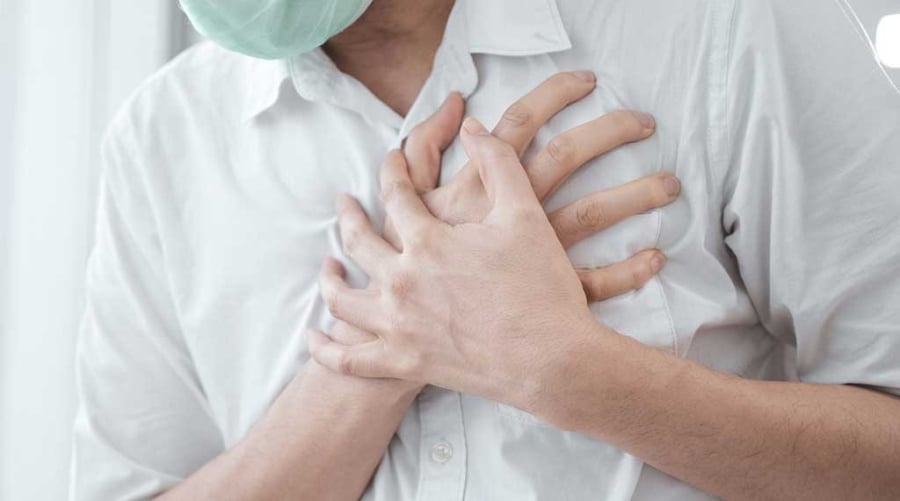
Why Are Young People More Prone to Sudden Death?
According to the “China Cardiovascular Health Report 2019,” the country records 544,000 sudden cardiac deaths annually, equivalent to one person every minute. In Vietnam, although official statistics are unavailable, sudden deaths among young people are also on the rise. The primary culprits are lifestyle-related:
Unhealthy Diet: Fast food and oily meals contribute to high cholesterol, placing strain on the heart.
Lack of Physical Activity: Prolonged sitting slows down blood circulation, facilitating blood clot formation.
Chronic Stress: Work-related stress overburdens the heart and blood vessels.
Over-Exertion During Exercise: This can lead to sudden spikes in blood pressure, which is hazardous for individuals with underlying cardiovascular conditions.
Additionally, “aging” diseases such as hypertension and diabetes are appearing at younger ages, further elevating the risk of sudden death.
4 Warning Signs That Precede Sudden Death
Although sudden death occurs rapidly, the body often provides precursory signals:
Chest Pain: Ranging from mild to intense, it may radiate to the shoulders and back, accompanied by cold sweats or breathlessness.
Irregular Heartbeat: A rapid, slow, or erratic pulse, coupled with a sense of unease.
Sudden Chest Tightness: Indicative of myocardial ischemia, often accompanied by dizziness and shortness of breath.
Prolonged Fatigue: Unexplained and unrelenting exhaustion, despite rest.
If you experience one or more of these symptoms, especially with a history of cardiovascular disease, seek medical attention immediately.

























